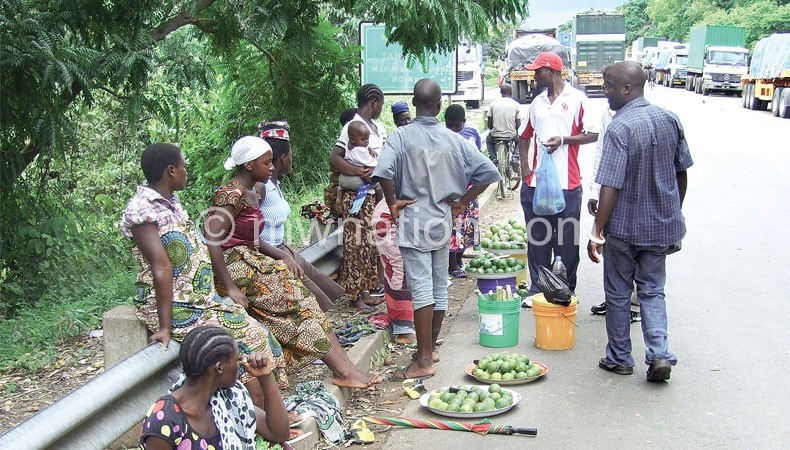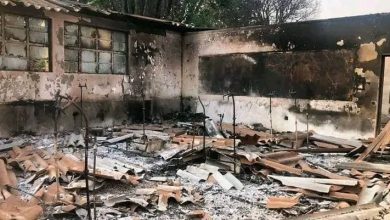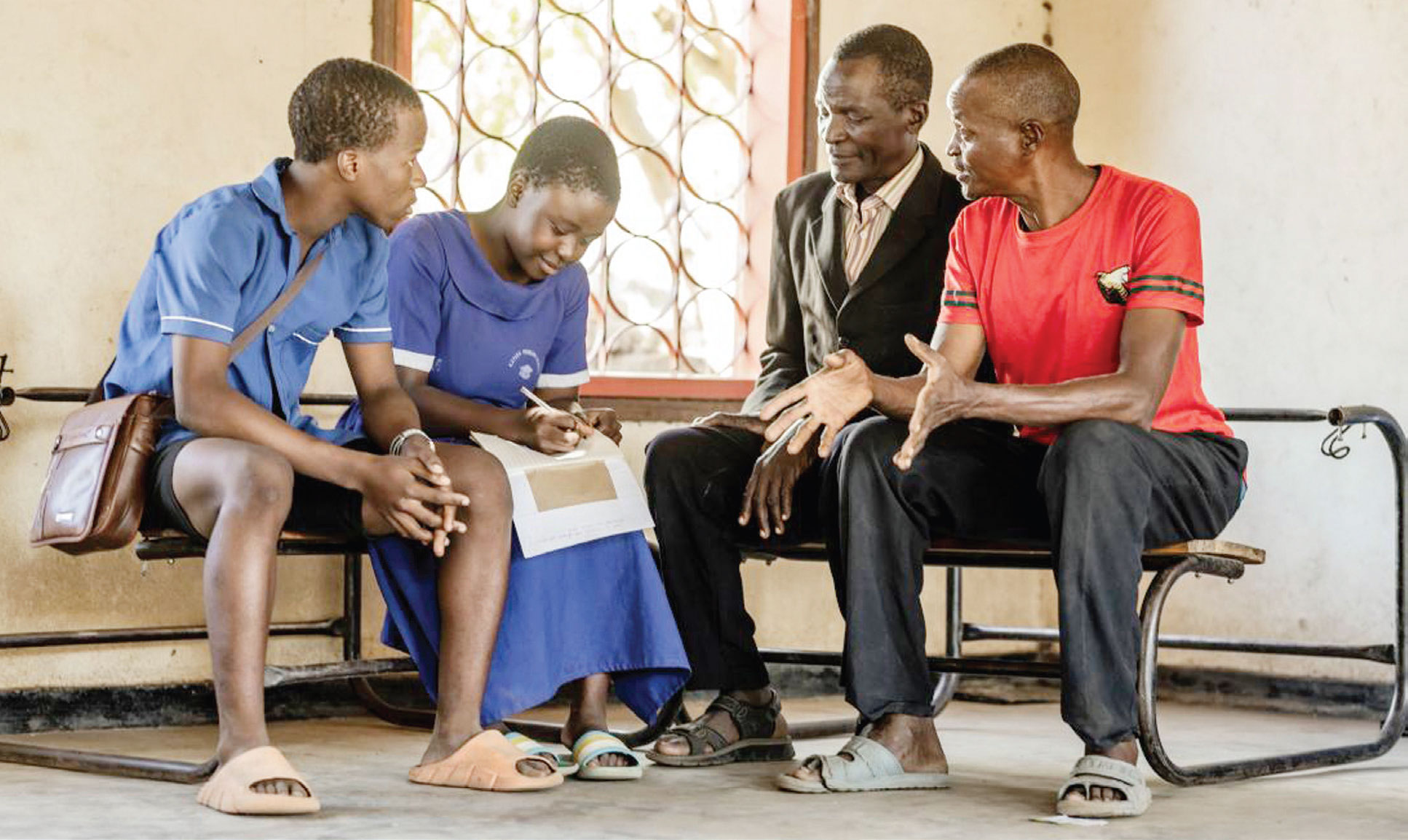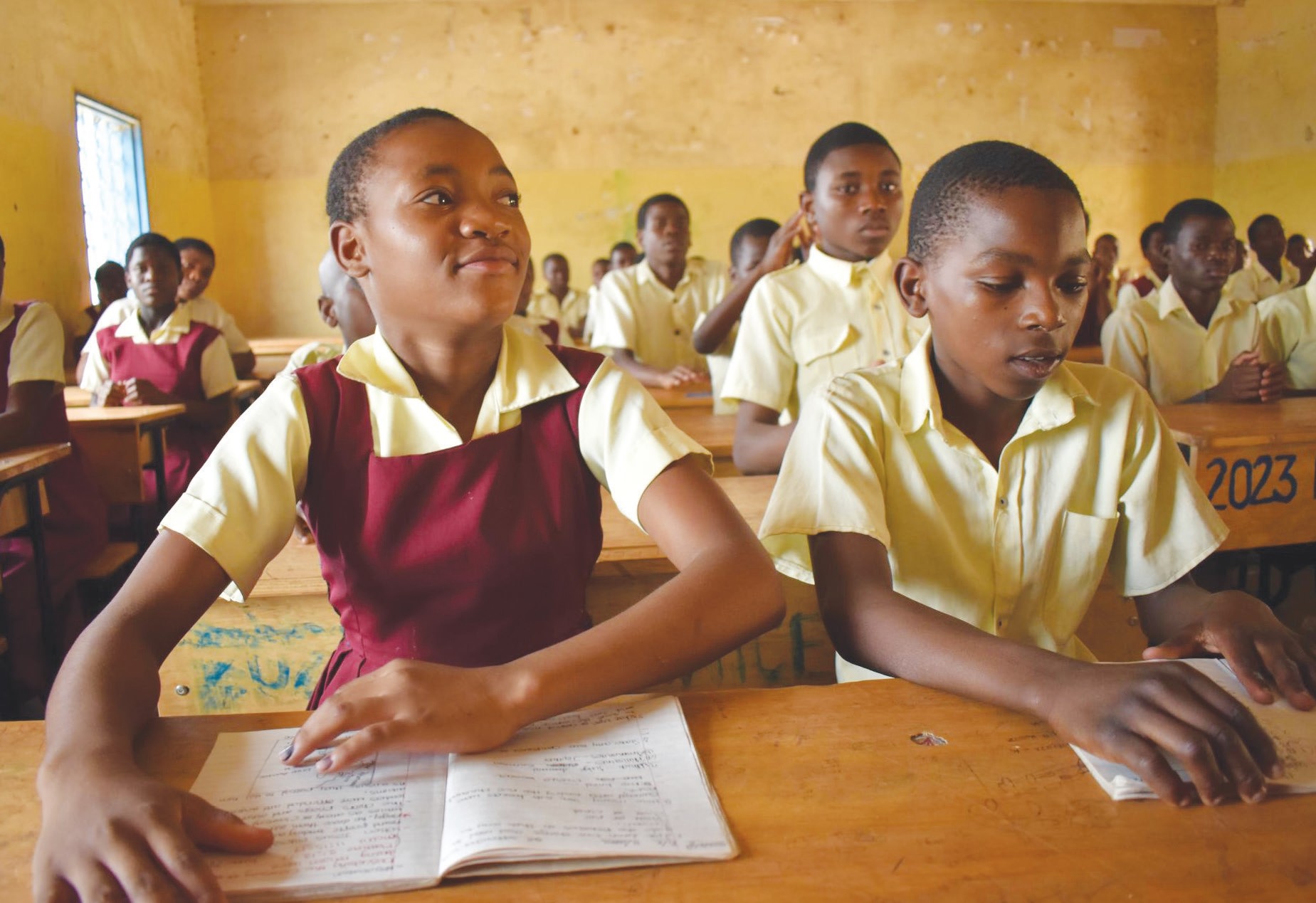New water project saves Songwe border residents
For the 18 years that Miriam Mwagomba has been residing at Songwe Border town, she says she has been denied the right to water. She, like thousands of other residents, had no access to potable water.
Every day of her stay at the ‘Border’, as the town is popularly known, presented agony and suffering as she had to plan on how to fetch water from Tanzania.

Mwagomba says a bucket of water costs K300.
Ironically, due to concerns over water quality most people in the area drink bottled water.
“I had a boy who was fetching water for me from Tanzania. I would treat it with Waterguard before consumption,” Mwagomba says.
The stay-at-home mother says she used water from the nearby Songwe River for household chores.
“It was a farfetched dream that I would one day have access to piped-water,” Mwagomba says, referring to the $2.9 million water project that Northern Region Water Board (NRWB) commissioned with funding from World Bank under the National Water Development Project II.
While Mwagomba is now enjoying clean water and saving money, Jackson Kuyokwa has lost his business.
Kuyokwa fetches water from Tanzania which he later sells to the border town residents. His day starts at 6 am when he piles a 70-litre bucket on his push bicycle to sell at the other side of the border.
Kuyokwa says he would make about K1 500 a day before the piped water project.
“This was hot business. I bought a push bicycle, mattress and some chairs with proceeds from this business,” he says.
Kuyokwa says he is thinking of a different business as the town has now access to safe water. Although official figures show Malawi has 85 percent water supply coverage, the number of people with reliable access is far lower. 2008 statistics show that Karonga has about 280 000 people but only 5 000 are connected to the NRWB system.
It is believed that with the Songwe water project, more residents in Karonga will have access to piped water.
However, some people will still lack safe drinking water as the Songwe water system will only cater for 10 000 dwellers.
But what has taken the town so long to have its own water system?
NRWB chief executive officer Titus Mtegha says for the board to work at Songwe, it had to wait for government to gazette the area. He says the Malawi Revenue Authority (MRA) was the sole piped water supplier through its small water system strictly catering for its staff houses and offices.
While Mtegha says the project started in July 2013, Traditional Authority (T/A) Mwakaboko, from the area, says his subjects have been expecting piped water from 2009 to no avail.
“Those with money were buying from Tanzania while the less privileged were just drawing from the river which made waterborne diseases rampant in my area,” narrates Mwakaboko.
He says his subjects preferred water from Tanzania or other unprotected sources of drinking water because the hand pumps in the area produce salty water.
The burden of collecting water was resting primarily on women and girls who, Mwakaboko says, were made vulnerable to sexual exploitation.
“Those women that did not have money were exchanging sex for a bucket of water,” he says.
Though things are like this on the ground, the World Health Organisation and Unicef joint monitoring programme for water supply and sanitation, known as the JMP 2010 report, puts Malawi under the category of sub-Saharan Africa countries that have performed above regional average of nearly 26 percent.
With a population of 14.9 million people in 2010, the report says Malawi is on track on Millennium Development Goal 7 for achieving 83 percent in water supply coverage, and that 7.2 million of the population gained access to improved sources of drinking water since 1995 representing a 48.4 percent of the population.





